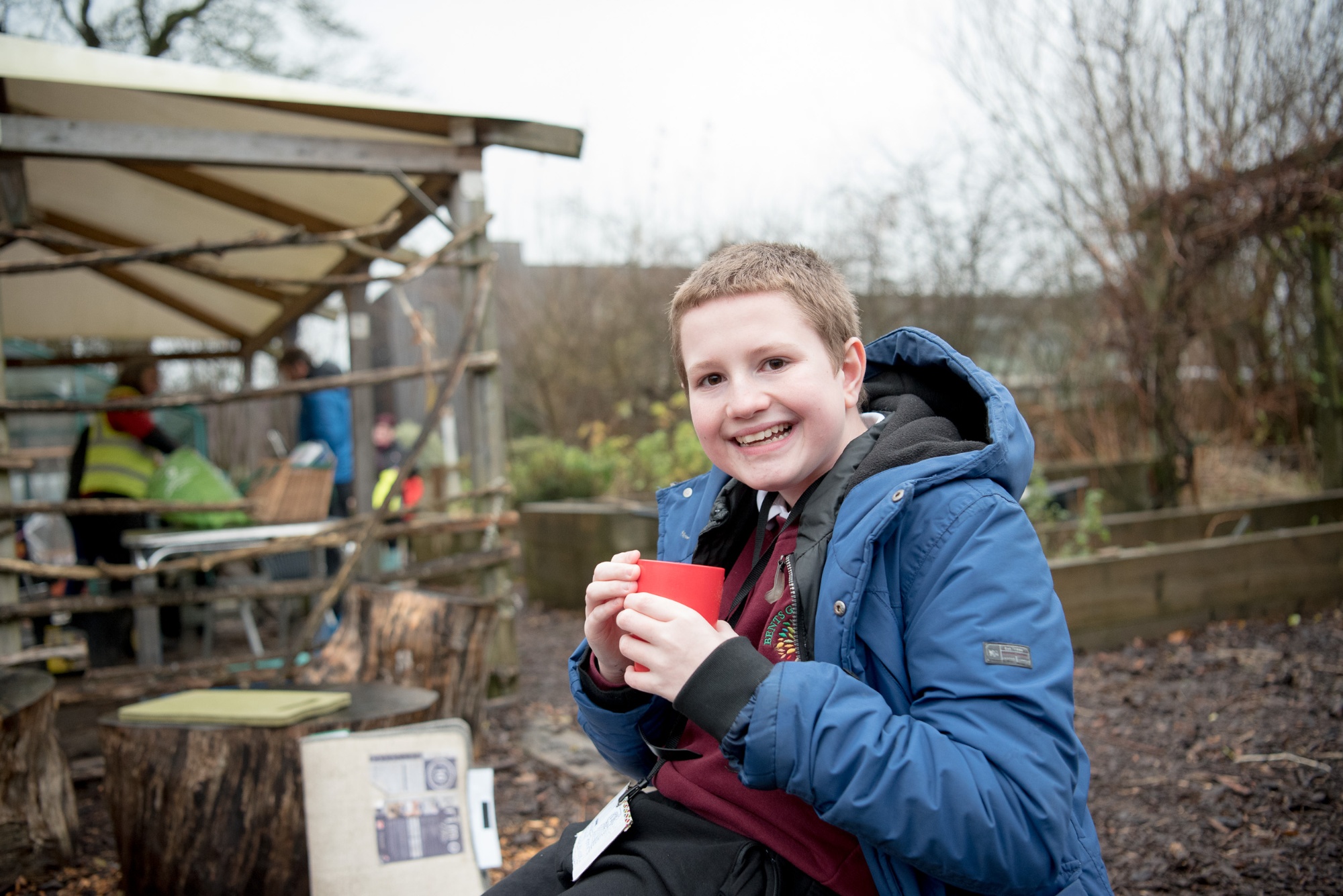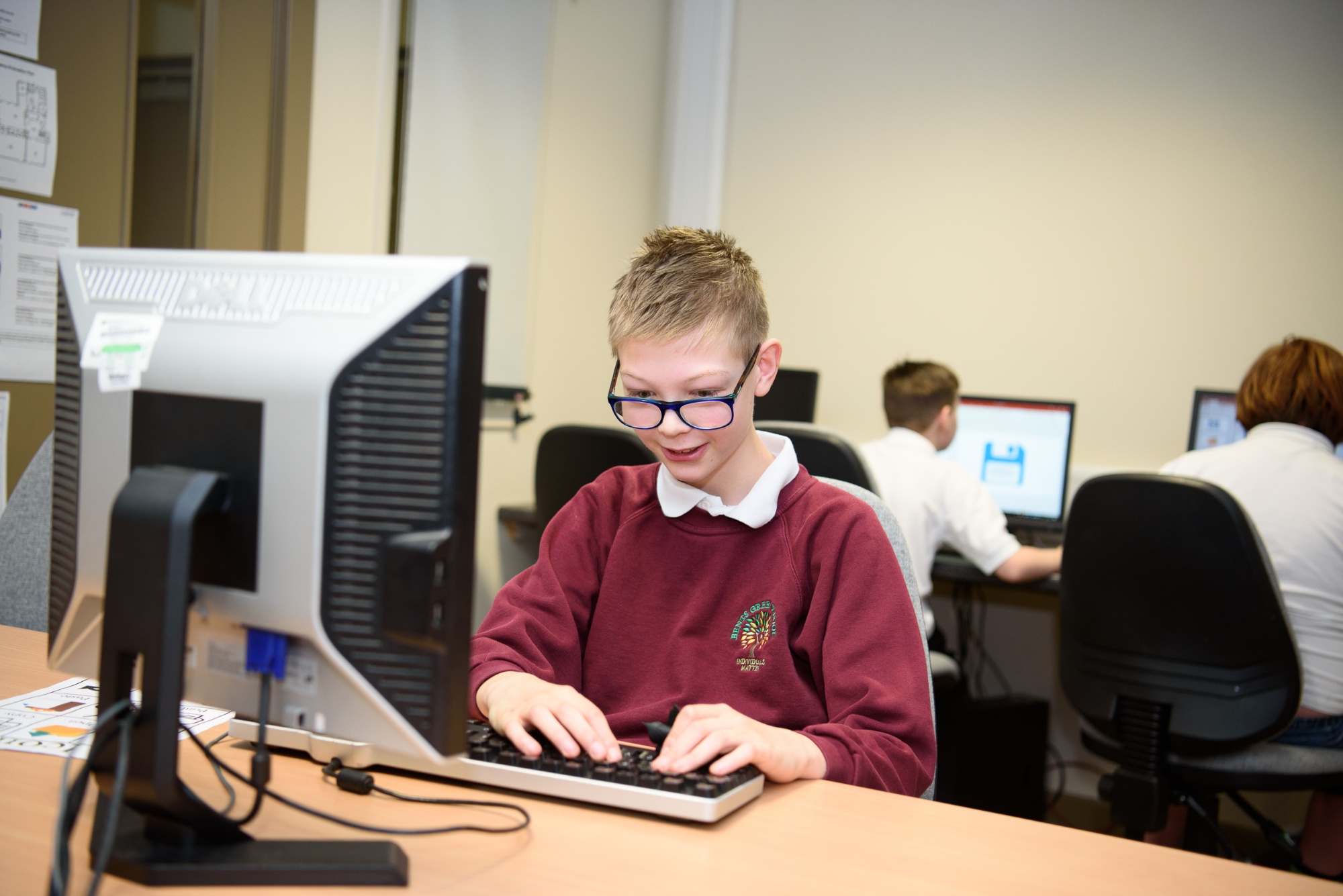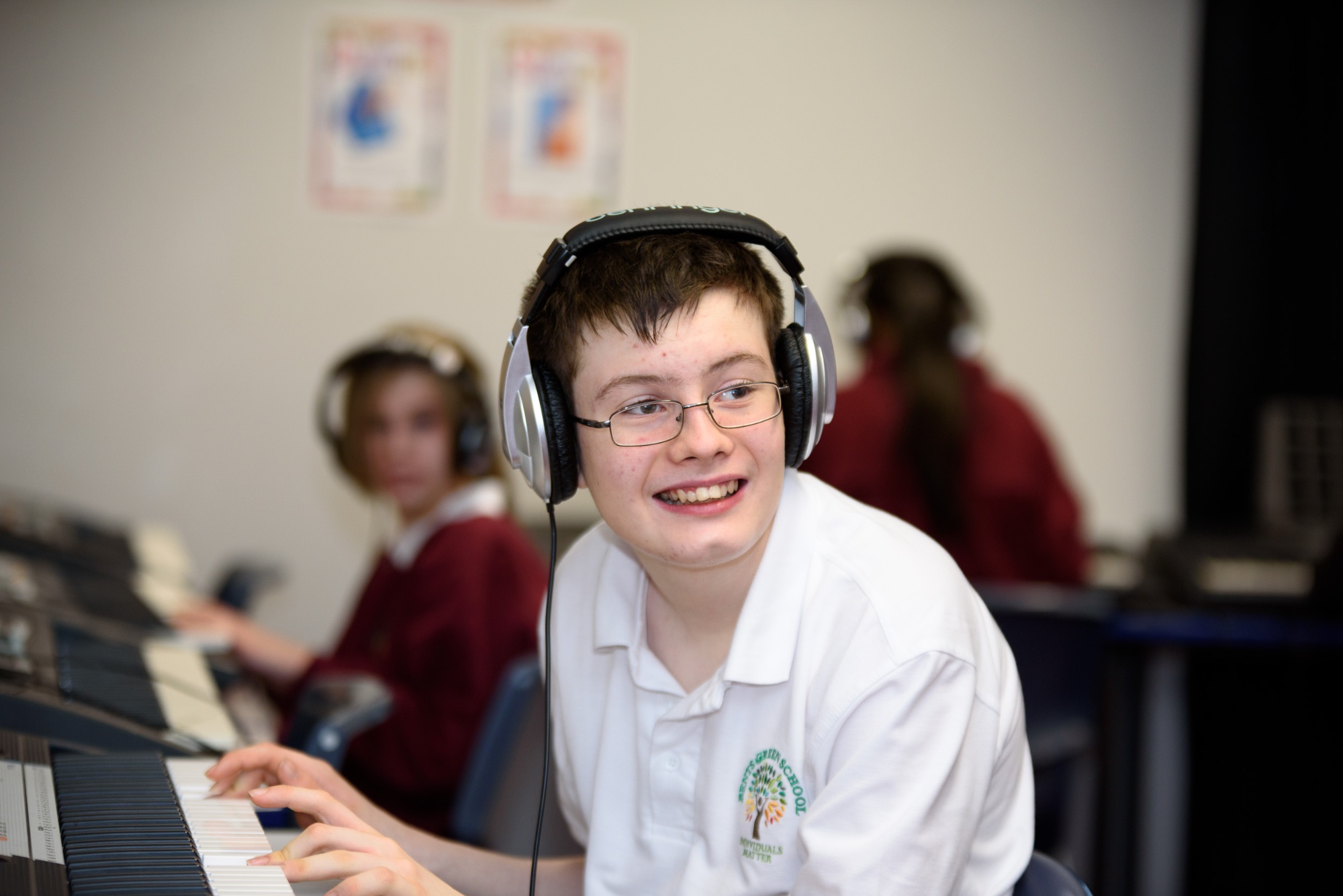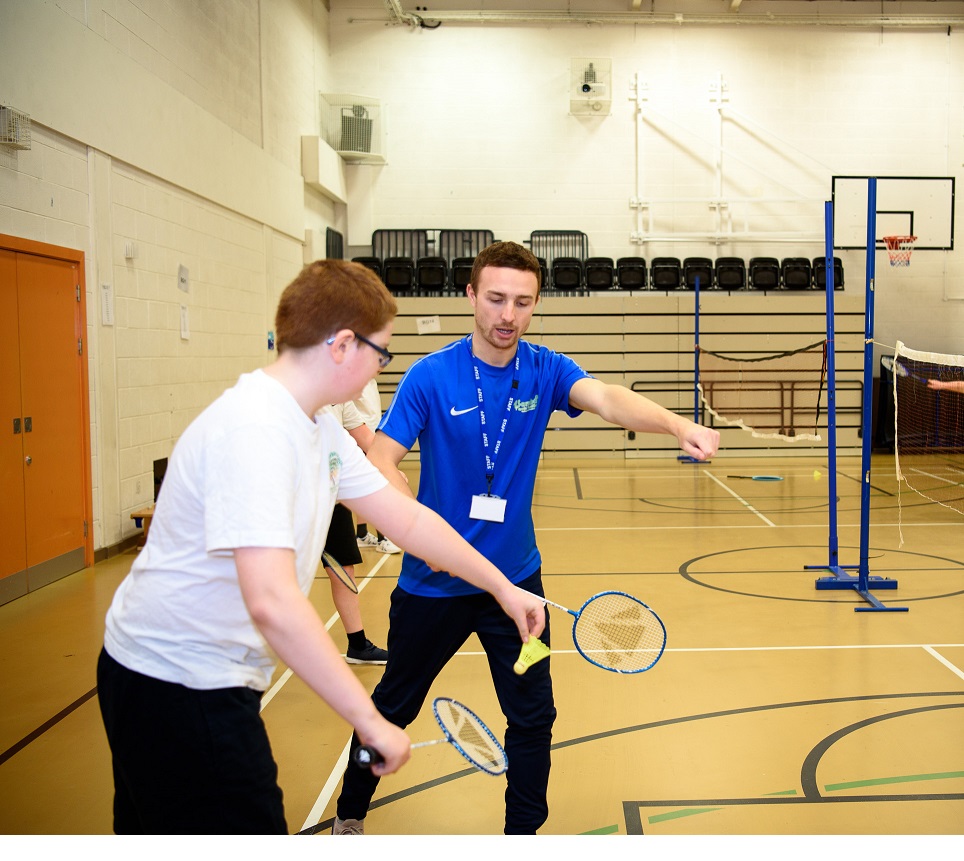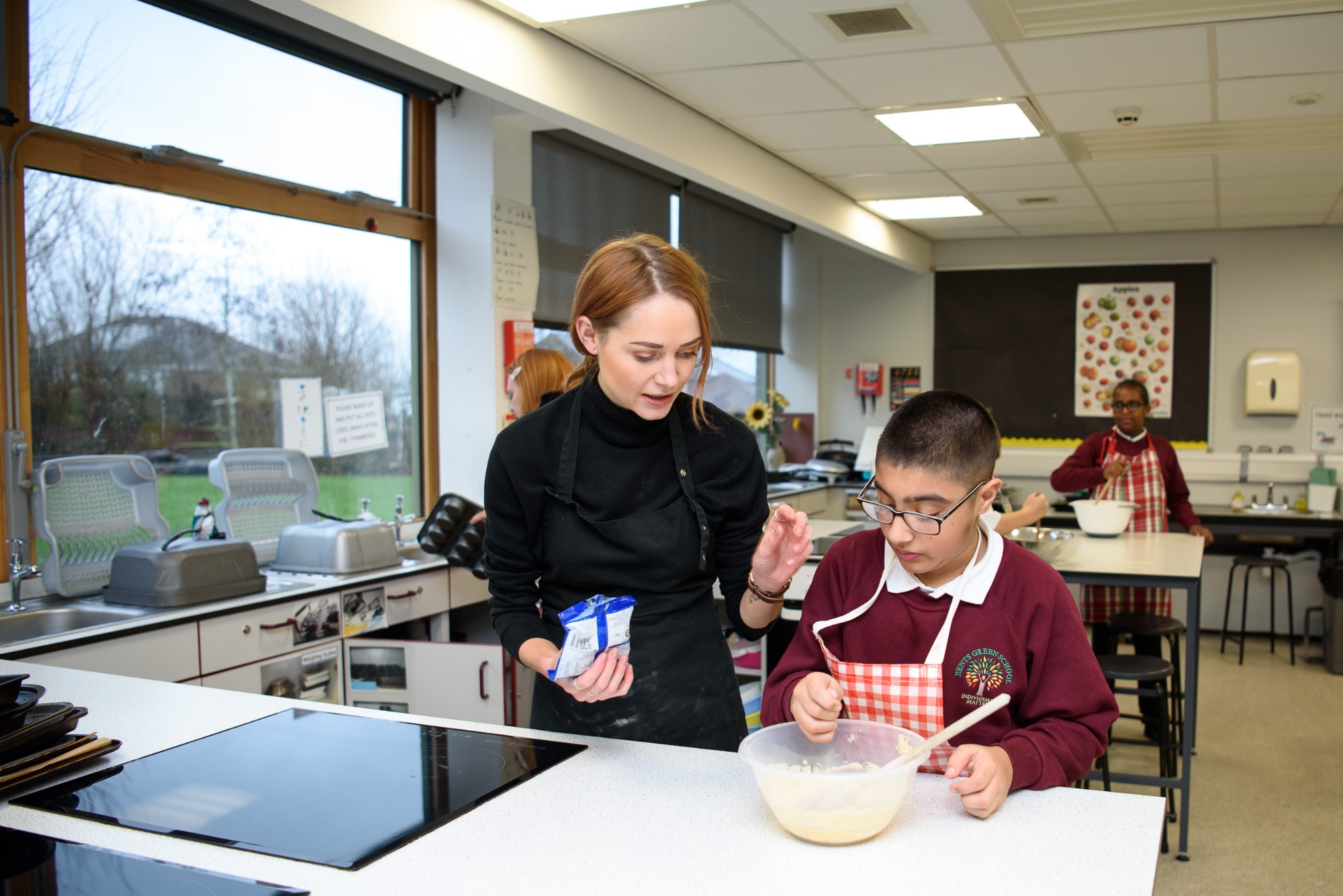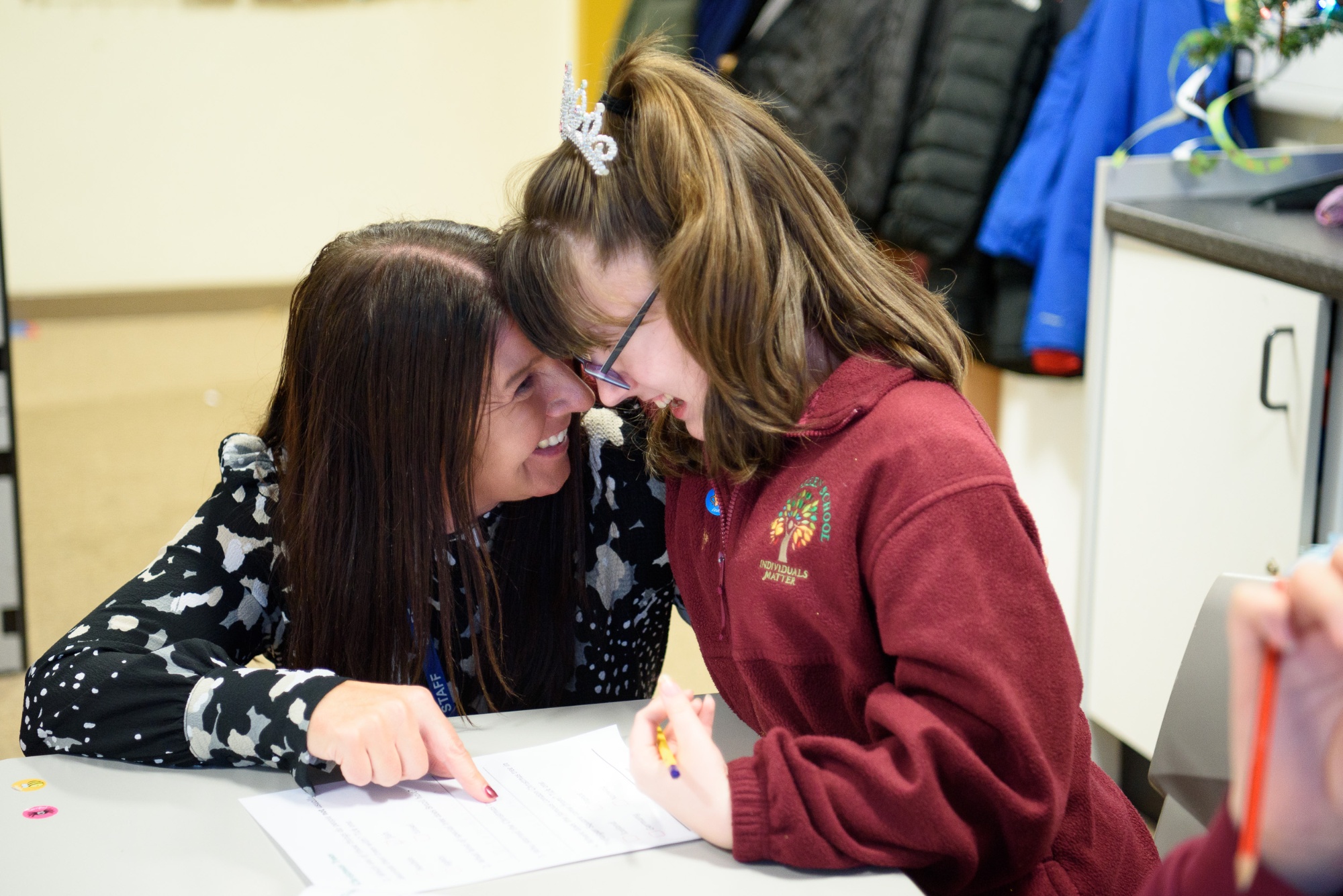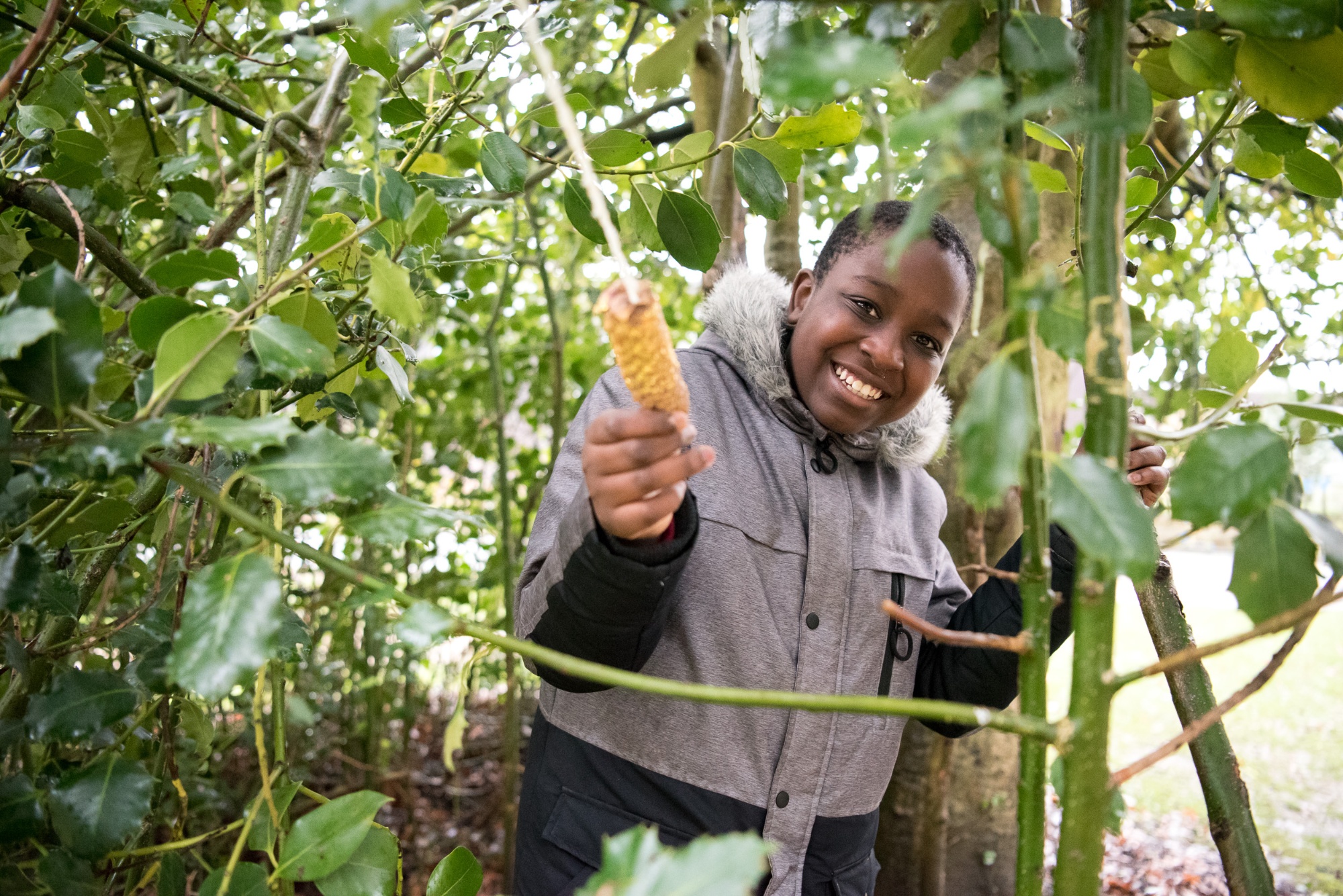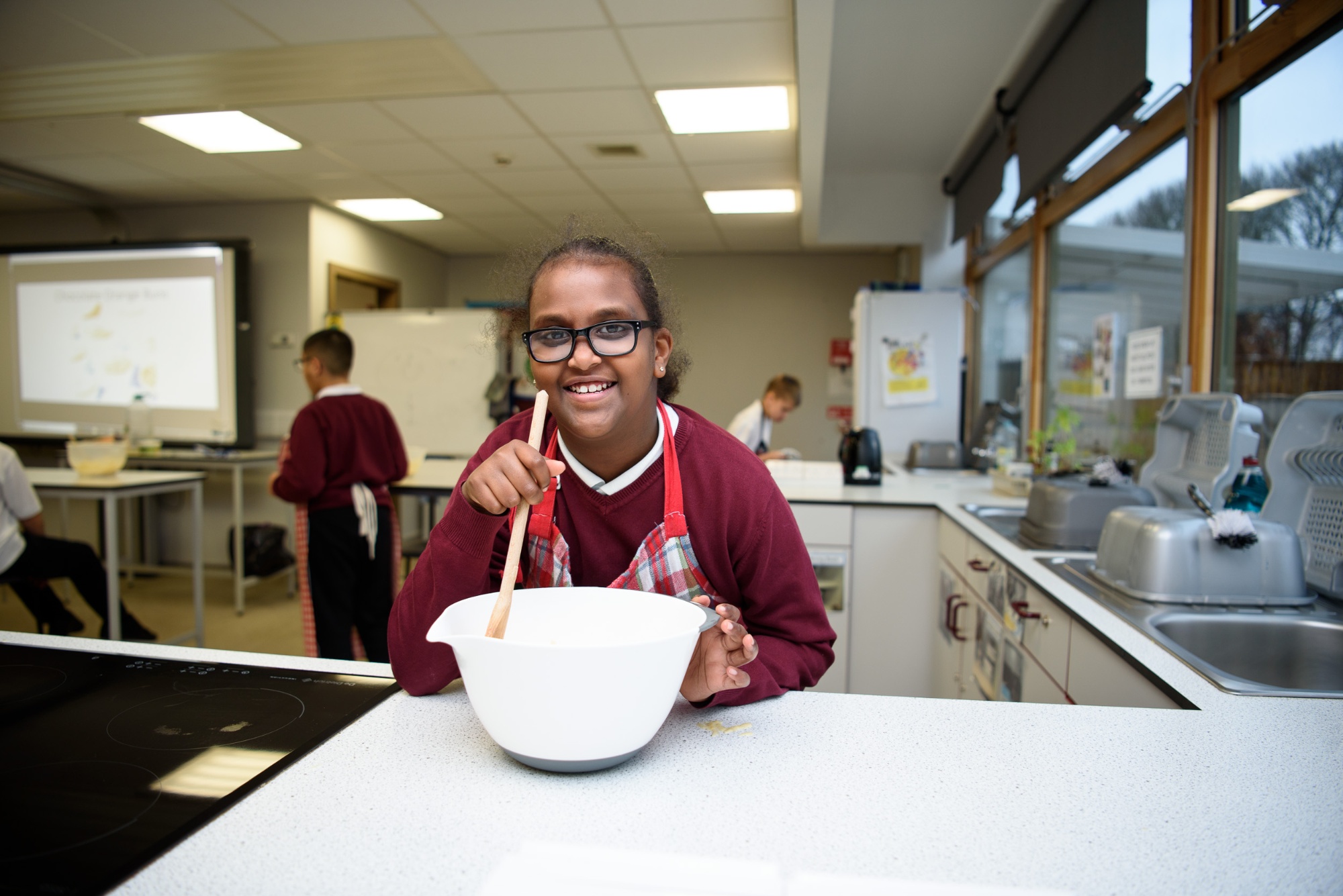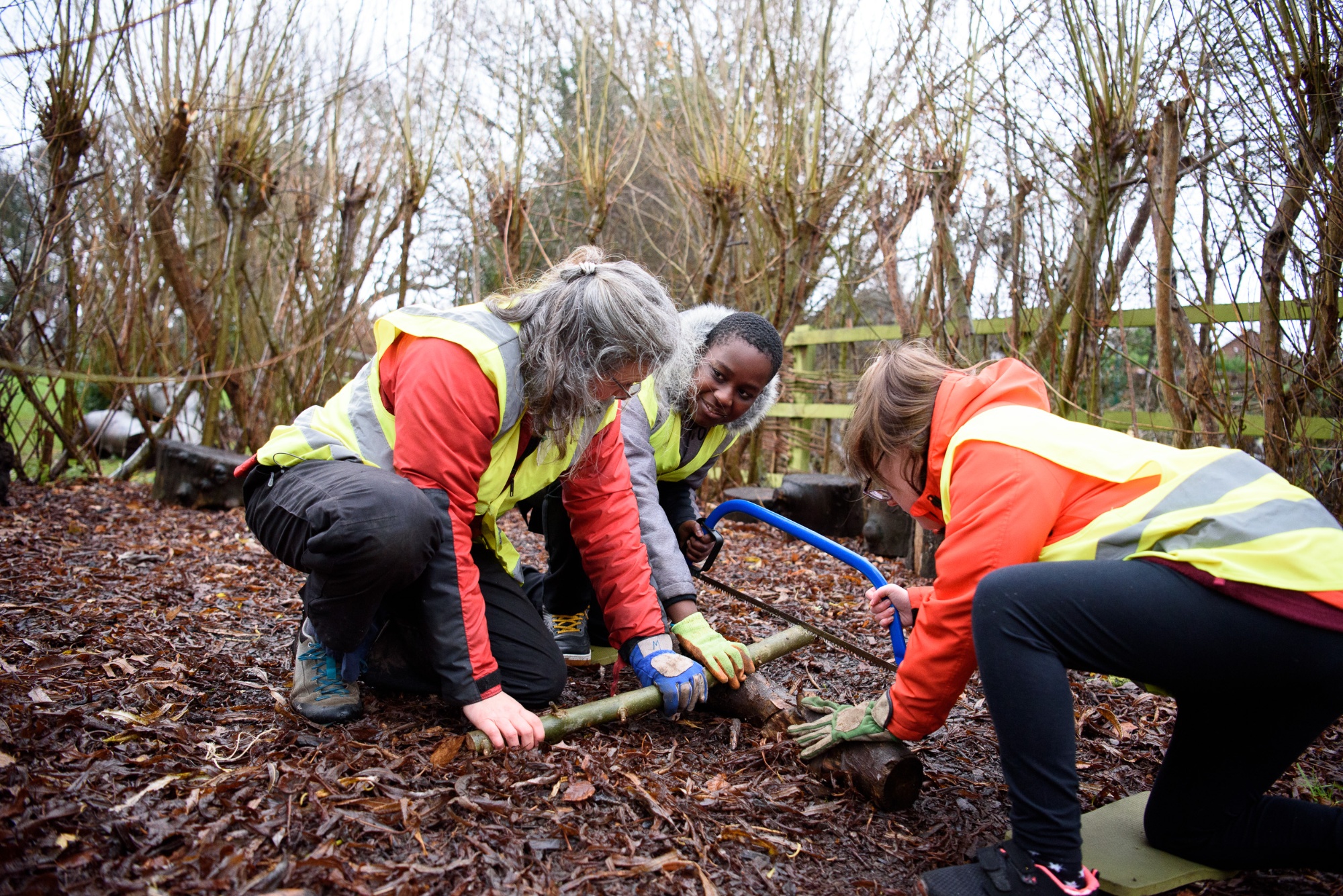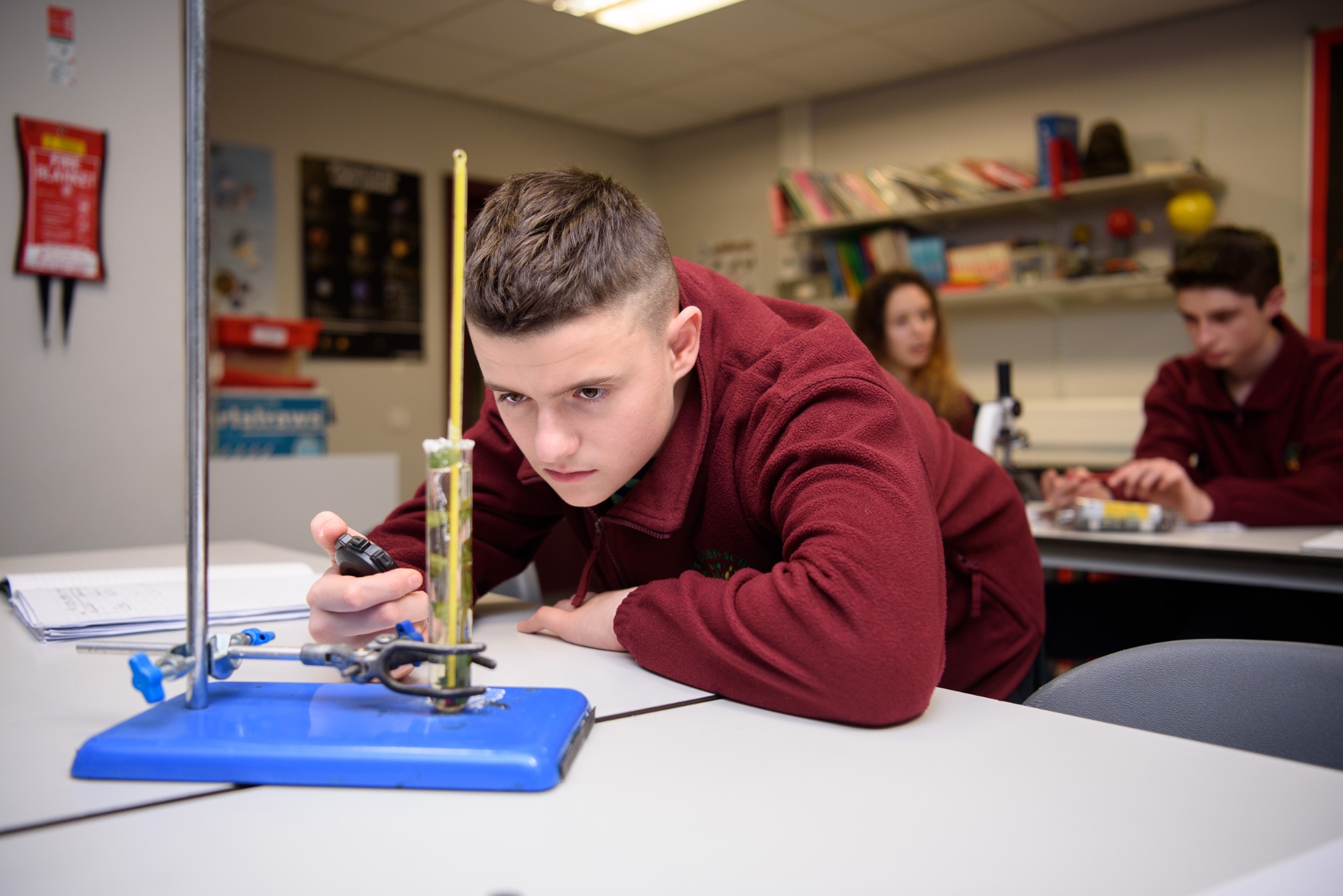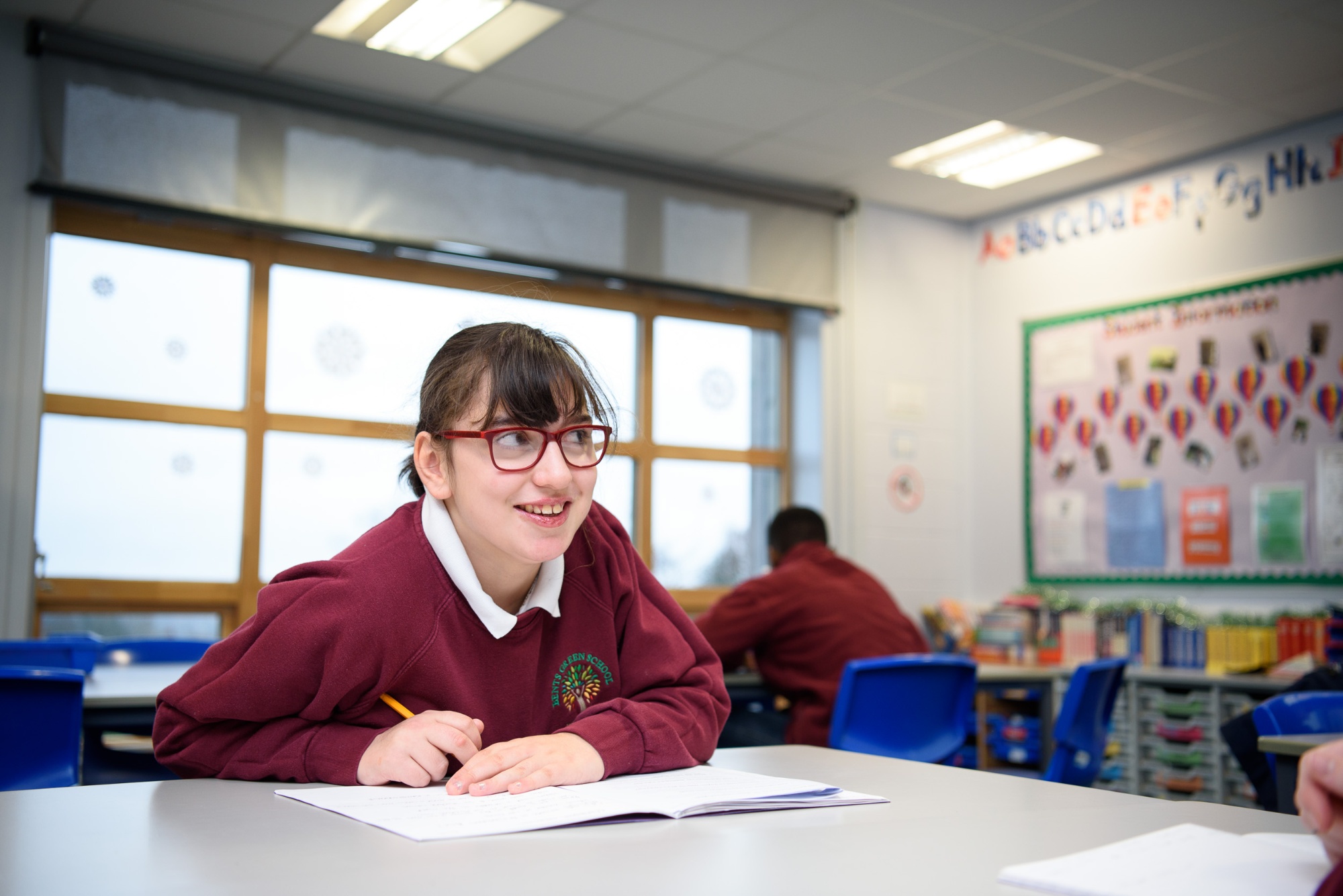Infectious Diseases
Is my child too ill for school?
If you are worried that your child might be too ill to come to school, please use this link to help.
Is my child too ill for school? - NHS (www.nhs.uk)
Measles
Although the health risk to children is low, measles spreads very quickly and easily. As a precautionary measure, it is helpful to remind parents/carers of the symptoms of measles to be aware of and to ask them to check that they and their children have had two doses of the free MMR vaccine, which gives lifelong protection against measles, mumps, and rubella.
Parents/carers are advised to watch out for the symptoms of measles in their children and act if they suspect they have the infection. Measles usually starts with cold-like symptoms, followed by a rash which usually starts on the face or behind the ears a few days later. Some people may also get small spots in their mouth.
The first symptoms are:
- High fever
- Sore, red, watery eyes
- Coughing
- Aching and feeling generally unwell
- A blotchy red / brown rash on white skin - it may be harder to see or more subtle on brown and black skin
Anyone with symptoms that could be measles is advised to stay at home and phone their GP or NHS 111 for advice, rather than visiting the surgery or A&E.
This is because measles spreads very quickly and easily and so it is important to try and prevent the illness spreading further.
People with symptoms should also especially try to stay away from areas where they could come into contact with vulnerable people, such as schools, nurseries, or care homes.
They should stay away from GP surgeries and hospital emergency departments as they could spread the illness to vulnerable people.
If it is absolutely necessary for them to bring their child to their GP surgery, a walk-in centre or a hospital emergency department, they should not use public transport to get there as they will risk infecting others. They should ask NHS 111 or 999 for help with transport if they need to be seen by a doctor.
As soon as they arrive, they should inform reception that they are infectious so that they can be kept away from other people to minimise the chances of the infection spreading.
COVID-19
Since March 2022, when the final Covid restrictions were lifted, the UK Health and Security Agency (UKHSA) has advised that COVID-19 should be managed like other respiratory infections, such as flu.
COVID-19 presents a low risk to children and young people. This, combined with high vaccination rates in the population, means there are no longer specific rules relating to COVID-19 in schools, colleges, childcare and other education settings.
Here’s what you need to know.
Public health guidance on the actions people with symptoms of a respiratory infection should take to help reduce the risk of catching COVID-19 and passing it on to others is available.
Further NHS information can be found at COVID-19 symptoms and what to do - NHS
Social Stories
Sheffield’s Children’s Hospital has produced resources for children, young people and families. These include social stories about going back to school, social bubbles at school and hand washing: https://www.sheffieldchildrens.nhs.uk/patients-and-parents/coronavirus-resources-for-children-and-families/
Strep A and Scarlet Fever guidance
Please use the link for the latest advice from the government about Strep A and scarlet fever.
Mental Health Support
Most families have experienced upheaval in their daily lives during the pandemic. With children and young people now back at school or college, the new Public Health England (PHE) Better Health – Every Mind Matters campaign provides NHS-endorsed tips and advice to help children and young people’s mental wellbeing, and equip parents and carers with the knowledge to support them.
The new advice available on the Every Mind Matters website has been developed in partnership with leading children and young people’s mental health charities, including Young Minds, The Mix, Place2Be and The Anna Freud Centre. It is designed to help parents and carers spot the signs that children may be struggling with their mental health and support them, and also provides advice that can help maintain good mental wellbeing. The site also provides tools to help young people build resilience and equips them to look after their mental wellbeing.
SEND Support for Families
Speech and Language Therapy
The Speech and Language therapy service has also produced short videos to help families help their children talk. These are on YouTube and also promoted by the Parent Carer Forum’s Facebook page:
Episode Two - Syllable clapping

